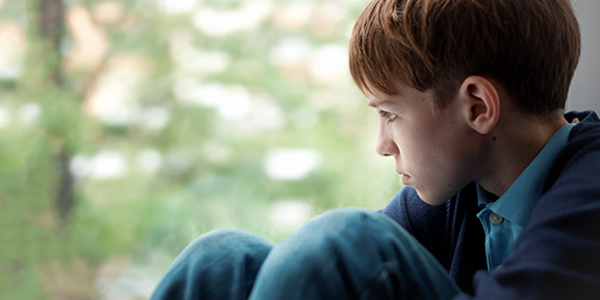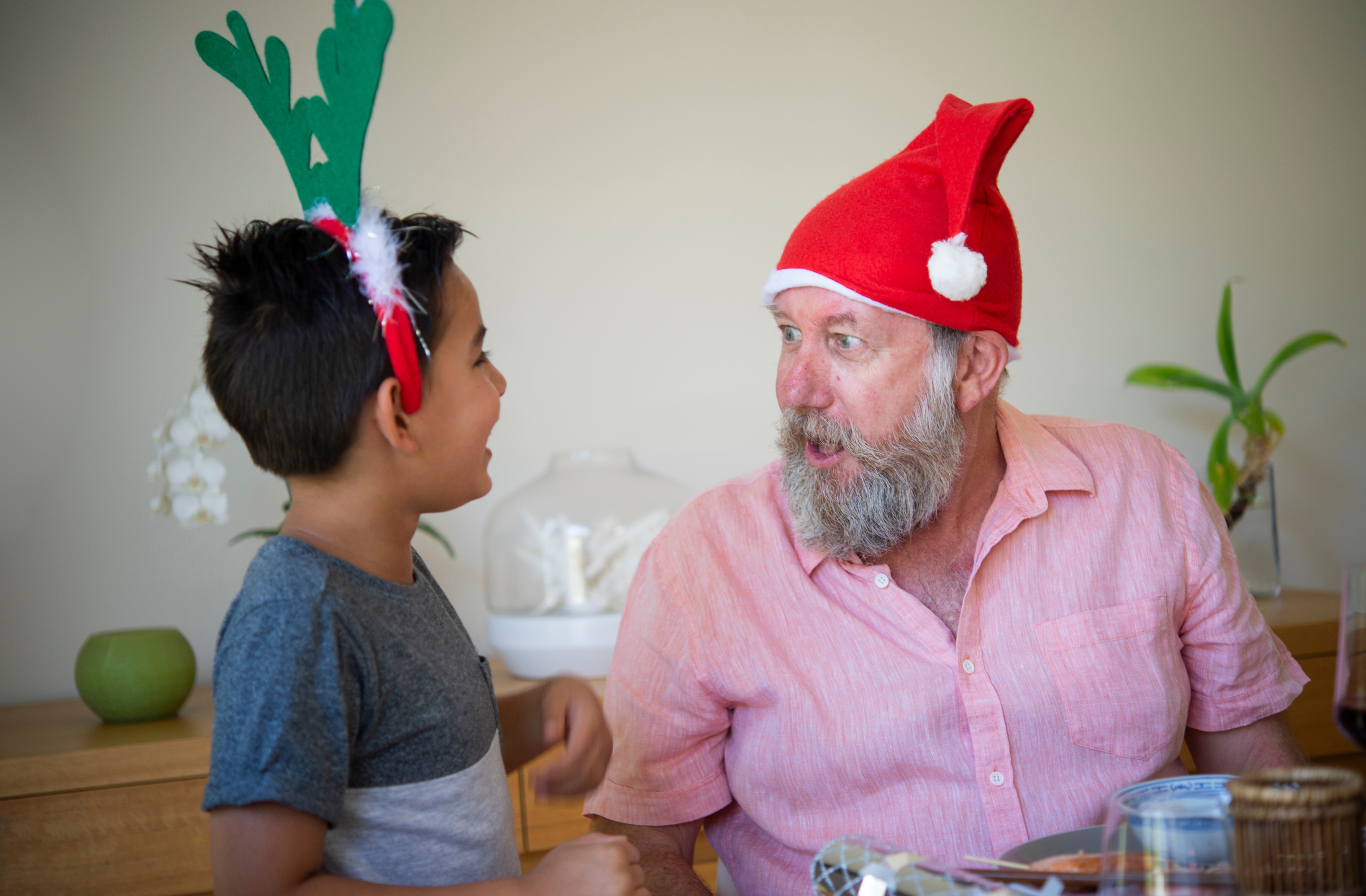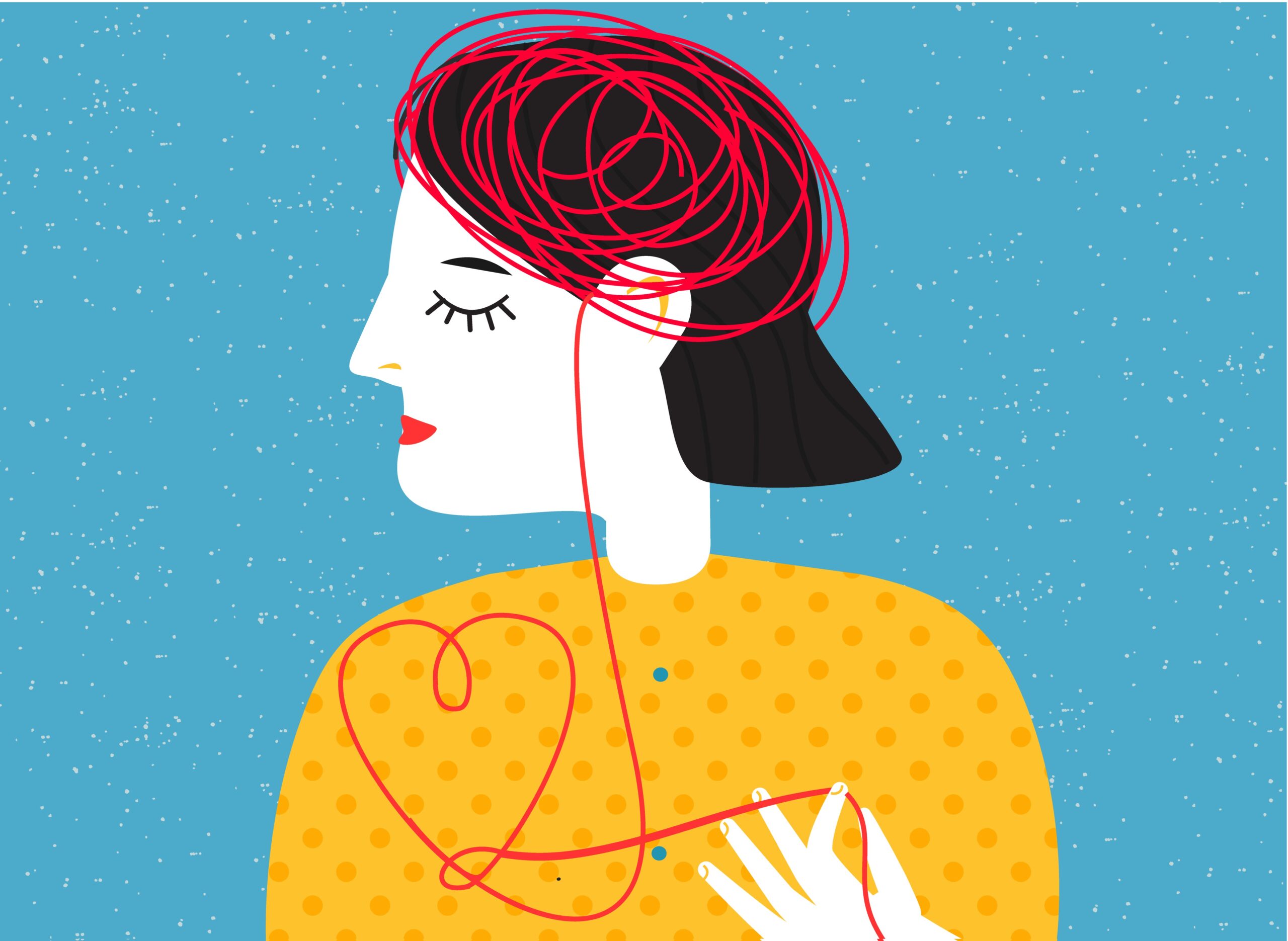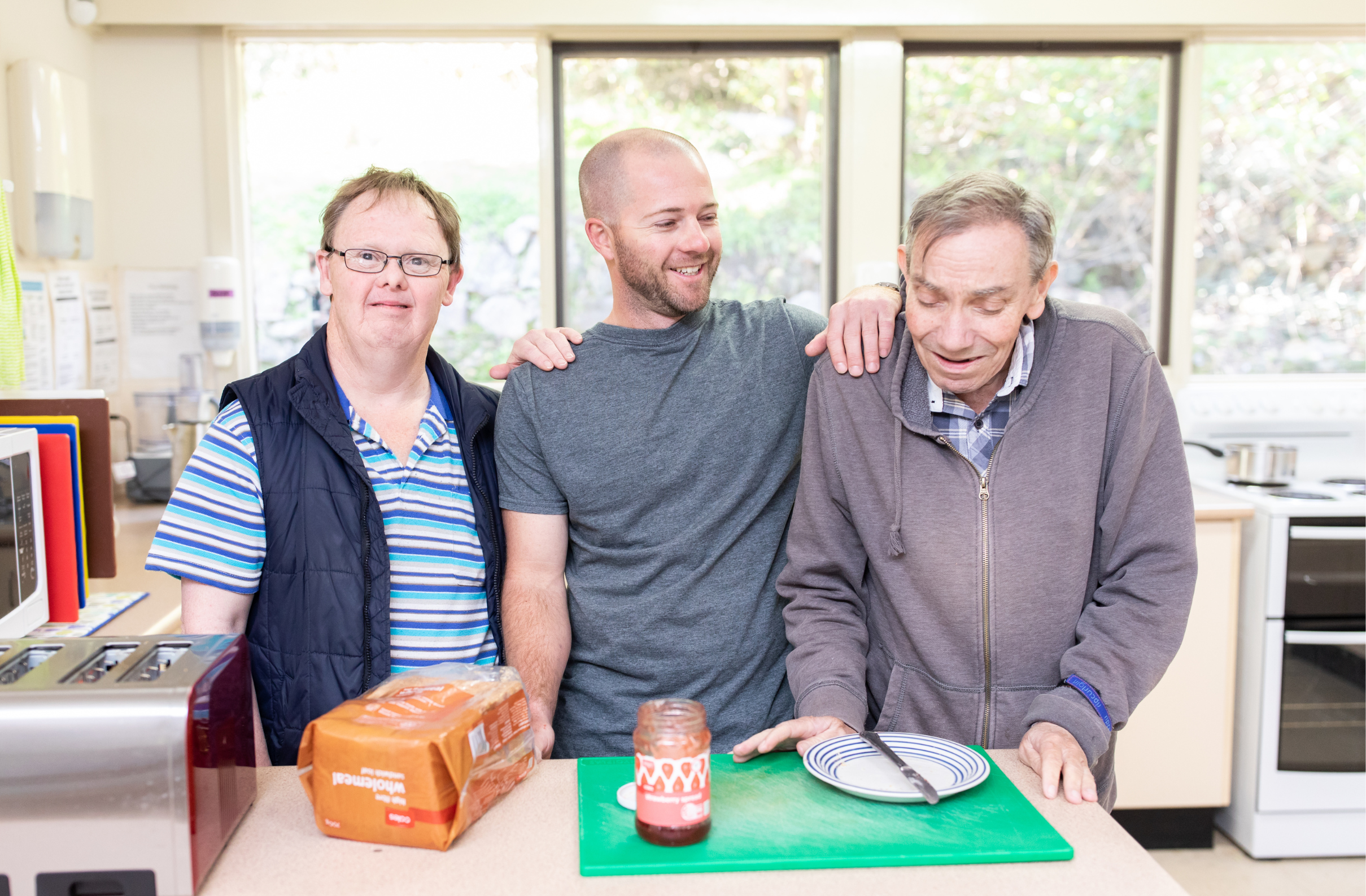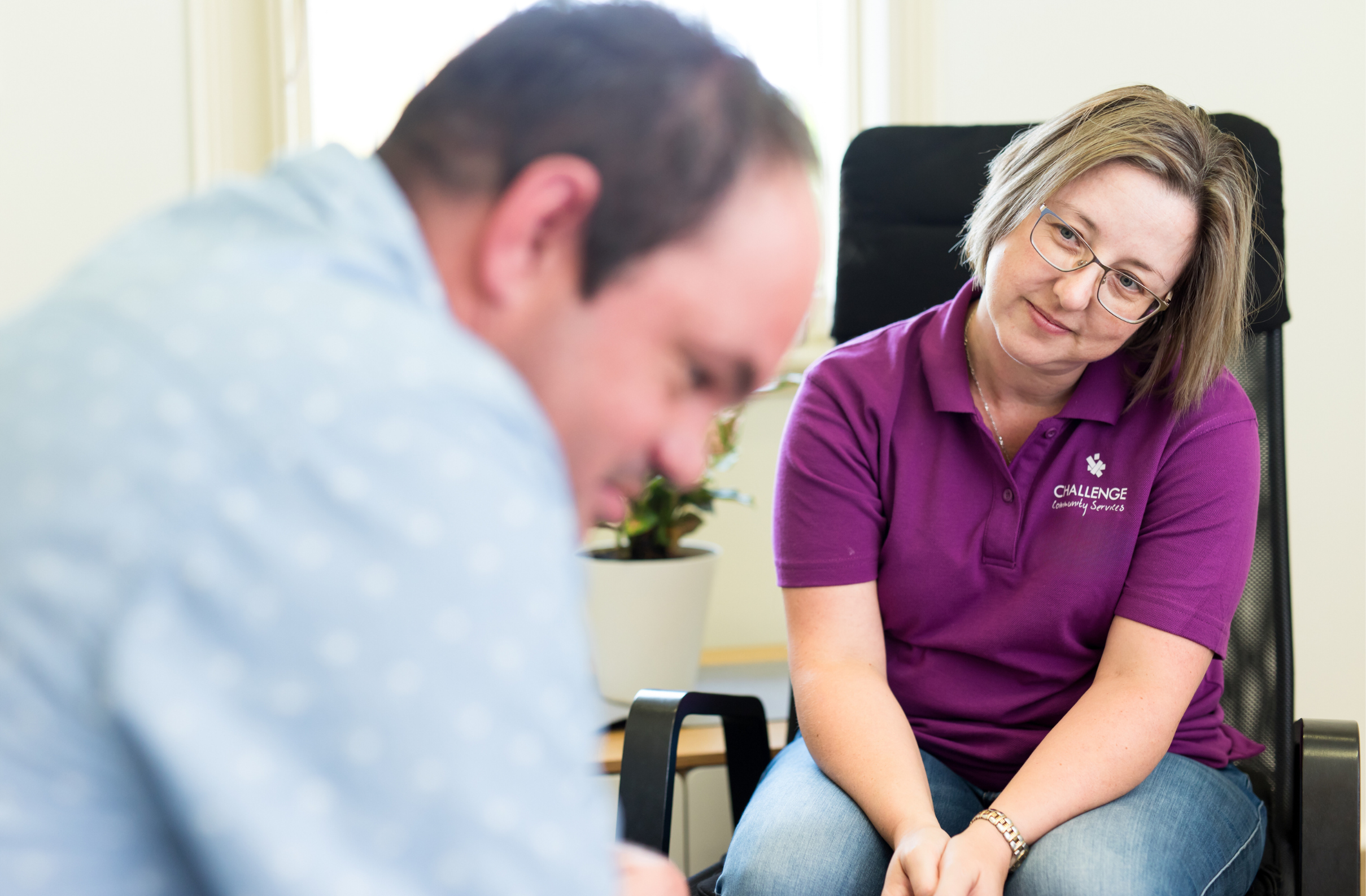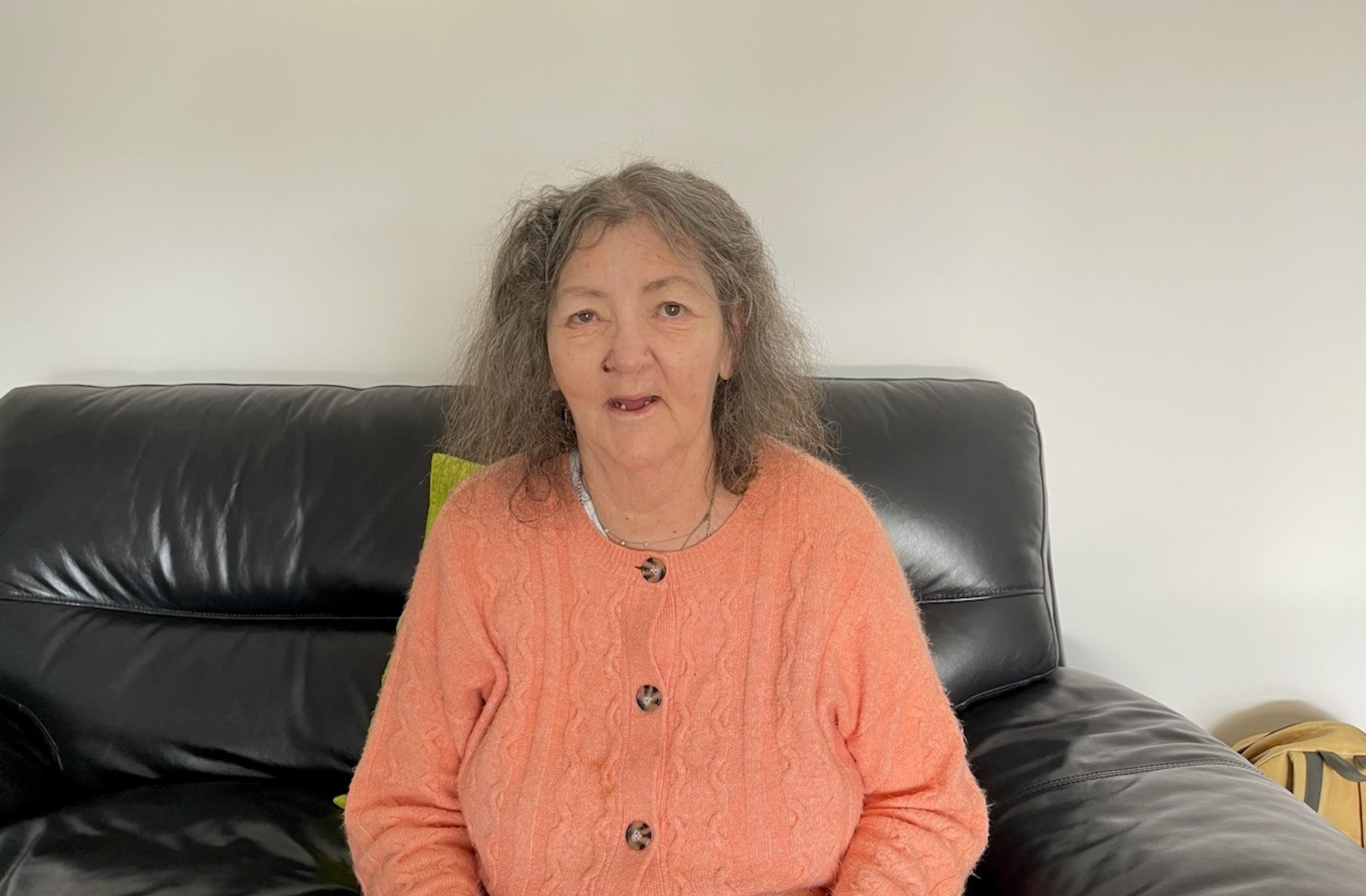In Part 1 of our Loss and Grief series, learn about how loss and grief affect children in out of home care and how you can help them through these strong emotions.
Loss and grief are a part of all our lives. Some losses are easier to see, such as death of a loved one, accident or chronic illness. Others are less obvious, such as realising you’re different, having learning difficulties, being excluded at school, or being displaced from your culture.
How do children in care show their grief?
Many children in care have experienced numerous and ongoing losses which they have often had to face alone. Children react to loss in different ways – grief has no predictable pattern. For example, a child might withdraw or act out with destructive behaviours towards themselves or their surroundings.
Children who have experienced neglect or abuse may have a negative view of the world or feel unsafe. If they have experienced the death or loss of a sibling or parent, or witnessed violence at home, their sense of family security will be shattered. Based on their past experiences, they may assume all adults will hurt them or that you won’t be there for them when they need something.
‘If a child or young person has been abused, they have probably internalised damaging and powerful feelings and beliefs about themselves,’ says Challenge Community Services case worker Ebonnie York, ‘They may have been made to feel worthless and powerless. This too is a kind of loss that children and young people need to grieve.’
How can you help a child in care who is grieving?
As a foster carer, being aware of the signs that a child or young person is struggling with loss and grief issues is the first step in helping them work through their grief.
Acknowledge their feelings
Listening is critical so that you can understand the child or young person’s unique experience of loss and grief. Ask them how they’re feeling and observe their behaviour. Are they becoming withdrawn? Are they sleeping well? What’s going on at school?
If they don’t want to talk, encourage them to draw their feelings, keep a journal or put notes in their phone.
-
Maintain routines
The world of children in out of home care has been turned upside down. Maintaining regular routines, such as bedtimes and mealtimes are practical things you can do to help provide a sense of stability and security.
-
Provide reassurance
Reassure children in your care that feeling sad is normal when you lose someone or something you care about. Knowing that a responsible adult is taking care of them and looking after their needs will also reassure children and young people.
Let them know you are there for them, but don’t make their grief and loss the focus of all your interactions – make opportunities to have fun too.
-
Build on strengths
As the child or young person gradually develops healthy coping skills, build their confidence by offering plenty of encouragement and positive feedback. At the same, give them permission to not always have to be strong.
-
Get support
If a child or young person’s loss is overlooked or minimised, they can feel loss more deeply and personally which can lead to complications associated with unresolved grief.
‘If you notice any signs or grief, or you’re not sure why a child in your care is behaving in a certain way, it’s important to talk to a Challenge Community Service case worker,’ says Brendon Roberts, Carer Compliance Manager, ‘Your case worker will support you by listening to your concerns as well as suggest practical strategies. The child or young person themselves can also talk to their case worker. If the grief of a child in your care doesn’t ease over time, they may need the help of a grief counsellor or other professional experienced in complex grief issues.’
When children in your care are allowed to grieve, they can move on with their lives. By helping them now, you will also be preparing them to better manage future losses. This is one of the most valuable gifts you can give a child or young person in your care.
If you are concerned about a child in your care, contact your dedicated Challenge Community Services case worker today on 1800 084 954.
Where to get help
Kids Helpline 1800 55 1800
Beyond Blue https://www.beyondblue.org.au/the-facts/grief-and-loss


